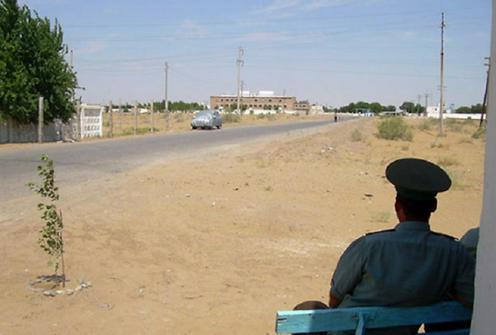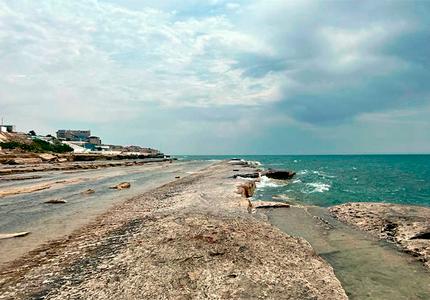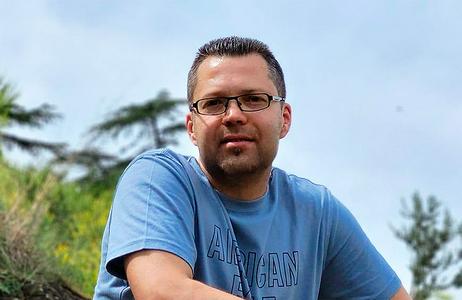The news website Turkmen.news, together with the Eurasian Coalition on Male Health (ECOM), has prepared a report analysing legislation in Turkmenistan from the point of view of the rights of the LGBT community and people with HIV. A summary of the report is available on the site of TurkmenNews (in Russian) and the full version can be accessed in English on ECOM’s webpage.
Rights advocates point out that not a single civil society organisation exists in the country capable of monitoring the application of legislation and carrying out checks in particularly sensitive spheres (for instance in detention facilities). Besides this, it is impossible to obtain statistics or any other information on the topic from government bodies. The country’s criminal code still retains an article on “sodomy”, stipulating a penalty of up to two years in prison for the offence. LGBT issues are not raised in the authorised press, which is tightly controlled by the state.
The concepts of “gender identity” and “sex reassignment surgery” are entirely absent from national legislation. The only option for individuals whose biological sex does not coincide with their gender identity and wish to undergo a sex change operation is to go abroad. If they do so, however, then they will come up against problems with documents and paperwork on their return.
Turkmenistan has adopted a law on the prevention of the spread of HIV and carries out some relevant prophylactic measures. But the government continues to insist that the infection does not exist in the country. Yet human rights advocates point out that in the 1990s the use of injection drugs was widespread in the country and there was a bustling market for sexual services. In recent years an important factor increasing the risk of the spread of HIV has been large-scale labour migration.
The report’s authors underline that Turkmen society has retained a highly patriarchal mould. For instance, parents often choose a wife for their son, and a refusal to marry is interpreted as an act of revolt. A girl should marry before the age of 25, or else she will be seen as a spinster. Head of the Democracy and Human Rights Department of the Turkmen National Institute for Democracy and Human Rights Shemshat Atajanova once stated that the repeal of the article on sodomy would “run counter to Turkmen culture and the attitudes of the Turkmen people, which are based on traditional family values”.










